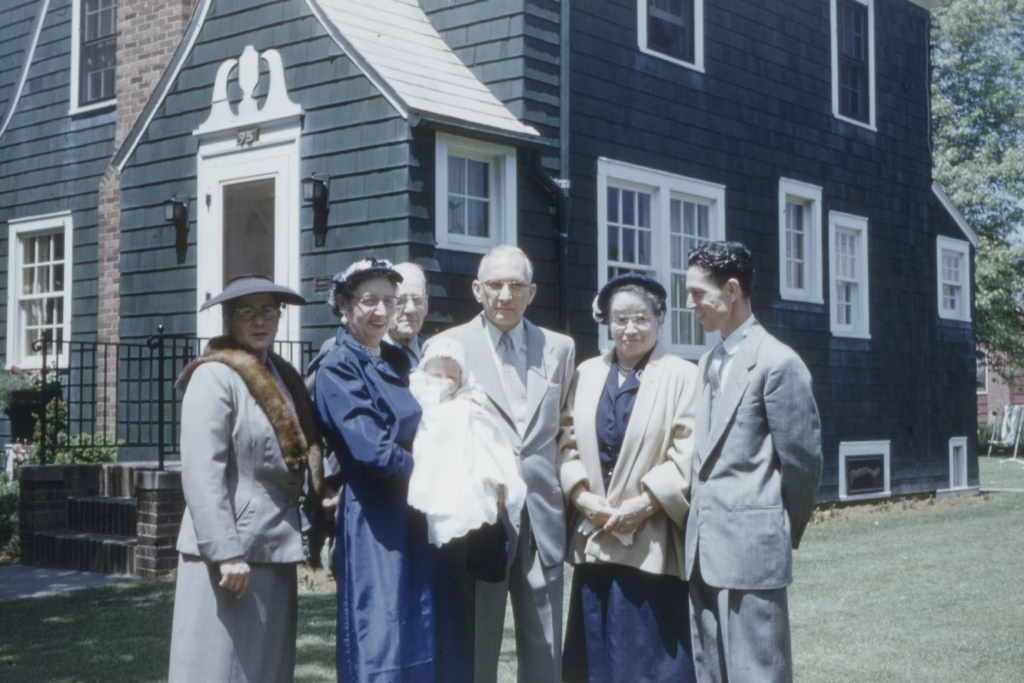
If you’ve ever wondered why some women who choose not to have children feel incredibly confident about that decision, it’s not a mystery, just a matter of perspective.
While society often pushes the idea that motherhood is a natural and expected path, the reality is far more nuanced. For many women, not having children isn’t a delay or a maybe—it’s a deliberate, lifelong choice grounded in personal truths, not misconceptions.
Understanding those reasons doesn’t just invite empathy; it expands how we support and validate every caregiving—or non-caregiving—journey. Let’s take an honest look at why some women don’t want kids, and never will.
The Role of Emotional and Practical Realities
Some women who choose not to have children are navigating emotional or practical truths that can’t be ignored. A difficult childhood, trauma, or strained family dynamics often leave lasting marks—and it’s okay for someone to decide they don’t want to recreate that experience.
On a practical level, raising children isn’t just emotionally intensive—it’s financially demanding, logistically complex, and, for some, environmentally concerning. These aren’t decisions made lightly; they’re rooted in a deep understanding of one’s limits, values, and long-term goals. When we honor these choices, we make space for more thoughtful family planning in every form
On WeAreChildfree.com, many women share similar journeys of self-discovery and come to realize they can lead fulfilling lives without motherhood. By hearing these stories, it becomes clear that practicalities—like career goals or mental health considerations—often reinforce their choice.
A Simple Lack of Desire Isn’t a Problem
For some women, there was never a longing to be a mom—and that’s a valid feeling, not a flaw. In fact, research from Pew reveals that 64% of women under 50 who don’t have children say it’s because they simply don’t want them. This contrasts with older women, who often report that life circumstances—not lack of desire—shaped their child-free path.
It’s essential to understand that desire is deeply individual, not something owed or assumed based on gender. Rather than question or pathologize it, we can practice respecting it just as we would any other personal boundary.
This Isn’t a “New” Trend After All
It might seem like more women are choosing not to have kids these days—and in some ways, that’s true. But the idea of non-motherhood has historical roots; women have made this decision across generations, though often in silence.
What’s changed now is the visibility of that choice and the modern pressures—like career demands and affordability—that have made having children less accessible for many. Structural gaps, such as limited maternity leave and costly childcare, put unnecessary weight on a deeply personal question. For some women, the answer isn’t “not now”—it’s “not ever,” and that’s okay.
One in-depth BBC report on declining birth rates highlights how economic constraints and evolving social norms have contributed to this shift. Women worldwide are feeling empowered to shape their own narratives, even if that means opting out of motherhood entirely.

Family History Can Shape the Future
Not everyone grows up in a home where love felt unconditional or safety was guaranteed. For many women, childhood resilience comes at a cost, and becoming a parent means confronting those memories.
Research shows that women are particularly likely to cite negative family experiences as a reason for opting out of parenthood. When you’ve spent years healing from the past, it’s understandable to decide that breaking cycles might mean not passing them on at all. Choosing not to become a parent can be a powerful way to reclaim peace and protect one’s own emotional health.
Happiness Comes in Many Forms
It’s a common assumption that having children is the “natural” route to fulfillment—but happiness looks different for everyone. Studies show there isn’t a definitive gap in happiness between parents and non-parents—in fact, some data suggest those without children may experience higher day-to-day contentment.
That doesn’t mean parenting is any less meaningful; it just reminds us that meaning isn’t one-size-fits-all. Joy can come from travel, career, relationships, hobbies, service, or simply more time for yourself. There’s more than one way to lead a full, rich, and generous life.
Making Room for Other Paths to Connection
For the women who choose not to have children, connection still deeply matters—they just find it through other channels. Meaningful relationships with nieces, nephews, students, friends, and community networks often become just as nurturing and rewarding.
Choosing not to be a parent doesn’t mean choosing isolation—it simply invites different ways of giving and receiving love. And let’s not forget, many of these women are the bonus caregivers, the wise mentors, the ones helping overwhelmed parents take a breath. Their presence is not a gap in the family tree—it’s a different kind of branch.
What Acceptance Honestly Looks Like
Being supportive doesn’t mean trying to “change their mind” or gently hinting that they’ll regret it someday. Instead, true support means stepping back and trusting that other people understand their own lives best.
When someone says, “I don’t want kids,” the most compassionate thing we can do is believe them. Accepting this choice without judgment isn’t just the right thing to do—it models the kind of respect and autonomy we hope our own kids will one day receive. After all, empowerment means honoring every decision that’s made with clarity, conviction, and love.
The Real Answer: It’s Their Life, Not a Debate
At the end of the day, parenting is one of life’s biggest responsibilities—and not everyone wants or needs to take it on. For women who choose not to have children, that choice often leads to more peace, better mental health, and a more aligned life path.
They are not selfish, confused, or misguided—they are self-aware, intentional, and valid. Understanding that can help us become more compassionate, whether we’re raising kids ourselves or walking alongside someone who chose a different path. Because the real beauty of family is that it doesn’t all have to look the same.
What do you think—have you felt pressure to explain your parenting choices, or do you know someone who has? Share your thoughts or stories in the comments below. We’d love to hear your perspective.
Read More:
- How to Let Go of Parental Guilt and Accept Imperfection
- Parenting the Second Time Around: 12 Reasons Your Parents Shouldn’t Be Raising Your Kids

Samantha Warren is a holistic marketing strategist with 8+ years of experience partnering with startups, Fortune 500 companies, and everything in between. With an entrepreneurial mindset, she excels at shaping brand narratives through data-driven, creative content. When she’s not working, Samantha loves to travel and draws inspiration from her trips to Thailand, Spain, Costa Rica, and beyond.